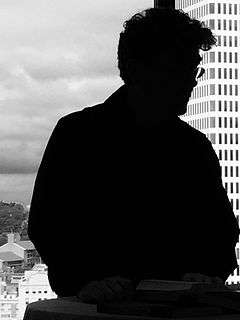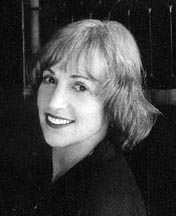A Quote by Shirley Geok-lin Lim
Emerging into writership, I have plans to discover my other themes, of nation and country, love and conflict, the body and transcendence, mutilation and wholeness, starvation and wicked plenty, and more. That is, I am already thinking ahead to more writing.
Related Quotes
Ours is a land rich in resources; stimulating in its glorious beauty; filled with millions of happy homes; blessed with comfort and opportunity. In no nation are the institutions of progress more advanced. In no nation are the fruits of accomplishment more secure. In no nation is the government more worthy of respect. No country is more loved by its people. I have an abiding faith in their capacity, integrity and high purpose. I have no fears for the future of our country. It is bright with hope.
So here we are in a country with more wheat and corn and more money in the bank, more cotton, more everything in the world-there's not a product that you can name that we haven't got more of than any other country ever had on the face of the earth-and yet we've got people starving. We'll hold the distinction of being the only nation in the history of the world that ever went to the poor house in an automobile.
The rational intellect doesn't have a great deal to do with love, and it doesn't have a great deal to do with art. I am often, in my writing, great leaps ahead of where I am in my thinking, and my thinking has to work its way slowly up to what the "superconscious" has already shown me in a story or poem.
Poetry restores language by breaking it, and I think that much contemporary writing restores fantasy, as a genre of writing in contrast to a genre of commodity or a section in a bookstore, by breaking it. Michael Moorcock revived fantasy by prying it loose from morality; writers like Jeff VanderMeer, Stepan Chapman, Lucius Shepard, Jeffrey Ford, Nathan Ballingrud are doing the same by prying fantasy away from pedestrian writing, with more vibrant and daring styles, more reflective thinking, and a more widely broadcast spectrum of themes.
Where hunger is imposed by external circumstances, the act of starvation remains literal, a tragic biological event that does not serve metaphoric or symbolic purposes. It is only in a country where one is able to choose hunger that elective starvation may come to express cultural conflict or even social protest.
It is a bit more challenging for the simple fact that now the stories I am writing are relying more on my imagination than on facts, more on research than on memory; so it is basically a slower writing process, more reading, more exploring. On the other hand, this approach is a little bit relieving too, since many times while writing [How the Soldieer Repairs the Gramophone] I felt too close and equal to my character.
What did I discover during my solo—besides learning to unwrap my energy bar ahead of time? That you ask yourself a lot of questions when you're alone on a bike for that long. One question more than others: Why the heck am I doing this? When I was done, I think I had found the answer: For the satisfaction that comes with pushing your body to the breaking point and conquering the unknown.
The novel has become a function of the fragmented society, the fragmented consciousness. Human beings are so divided, are becoming more and more divided, and more subdivided in themselves, reflecting the world, that they reach out desperately, not knowing they do it, for information about other groups inside their own country, let alone about groups in other countries. It is a blind grasping out for their own wholeness, and the novel-report is a means toward it.
...being human always points, and is directed, to something, or someone, other than oneself—be it meaning to fulfill or another human being to encounter. The more one forgets himself—by giving himself to a cause to serve or another person to love—the more human he is and the more he actualizes himself.... What is called self-actualization is not an attainable aim at all, for the simple reason that the more one would strive for it, the more he would miss it. In other words, self-actualization is possible only as a side-effect of self-transcendence.
Through repeated practice of the body scan over time, we come to grasp the reality of our body as whole in the present moment. This feeling of wholeness can be experienced no matter what is wrong with your body. One part of your body, or many parts of your body, may be diseased or in pain or even missing, yet you can still cradle them in this experience of wholeness. - Jon Kabat






































